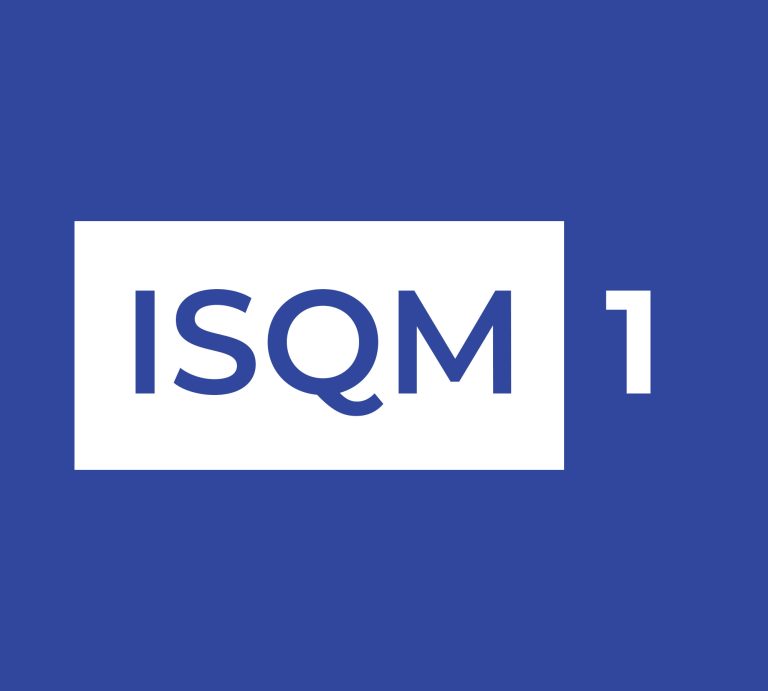Tax Hacks: How Singapore SMEs Can Save Thousands Legally
Running a business in Singapore isn’t cheap — rent, manpower, compliance, and competition all add up. But many small and medium-sized enterprises (SMEs) pay more tax than they should simply because they are unaware of the tax reliefs and deductions available.
The good news? You don’t need loopholes or risky tricks. With the right tax strategies, your company can stay fully compliant while saving thousands of dollars every year. Here are seven practical, legal tax hacks for SMEs in Singapore.
1. Claim Every Possible Business Expense
Many SMEs miss out on claiming valid business expenses. Deductible expenses include:
-
Office rent and utilities
-
Staff salaries, CPF contributions, and training costs
-
Marketing and advertising fees
-
Professional services such as audit, accounting, and legal
-
IT subscriptions, software, and business travel
Pro tip: Keep proper records and digital receipts. If IRAS audits your company, you will have no problem justifying these claims.
2. Maximise Government Grants and Incentives
Singapore offers attractive grants such as the Enterprise Development Grant (EDG) and innovation schemes. Some provide enhanced tax deductions or cash payouts.
Hack: By planning projects under eligible schemes, SMEs can enjoy up to 400% tax deductions — reducing taxable income significantly.
3. Use Capital Allowances on Business Assets
Instead of writing off big-ticket purchases as one-time expenses, SMEs can claim capital allowances on equipment, vehicles, and computers.
-
Standard write-off period: three years
-
Accelerated allowance: as fast as one to two years
Hack: Timing asset purchases before year-end helps reduce chargeable income for the current year.
4. Leverage Group Relief if You Own Multiple Companies
If you run more than one business, losses in one company can be used to offset profits in another through Group Relief.
Hack: This strategy is particularly useful during expansion phases, when newer entities are still making losses.
5. Enjoy Start-Up Tax Exemption (SUTE)
Newly incorporated companies in Singapore enjoy generous tax exemptions in the first three years:
-
75% exemption on the first S$100,000 of normal chargeable income
-
50% exemption on the next S$100,000
Hack: Proper business structuring at the start ensures your company qualifies.
6. Optimise GST Registration and Claims
-
If turnover is below S$1 million, you are not required to register for GST.
-
But if already registered, you can claim input tax credits on purchases to reduce GST payable.
Hack: Even if voluntary registration makes sense, ensure you weigh the compliance costs against potential GST savings.
7. Do Year-End Tax Planning
Timing is everything. By accelerating expenses (for example, paying suppliers earlier) and deferring income (for example, invoicing in the next financial year), you can reduce current year’s taxable income.
Hack: This simple strategy can shift a significant portion of your tax liability into the next financial year.
Final Thoughts
Tax planning for SMEs in Singapore goes beyond just filing returns — it is about using the right strategies to reduce liabilities, maximise exemptions, and stay compliant with IRAS. By applying these tax hacks, your business can save thousands of dollars each year while improving cash flow and financial stability.
Need tailored advice on optimising your taxes?
Speak to the team at USAFE for professional guidance on tax planning, compliance, and business growth strategies in Singapore.
Disclaimer: This article is for informational purposes only and does not constitute any professional advice. Feel free to contact us to consult with our professional advisors team for personalized advice and guidance.
Sources: https://www.iras.gov.sg/




